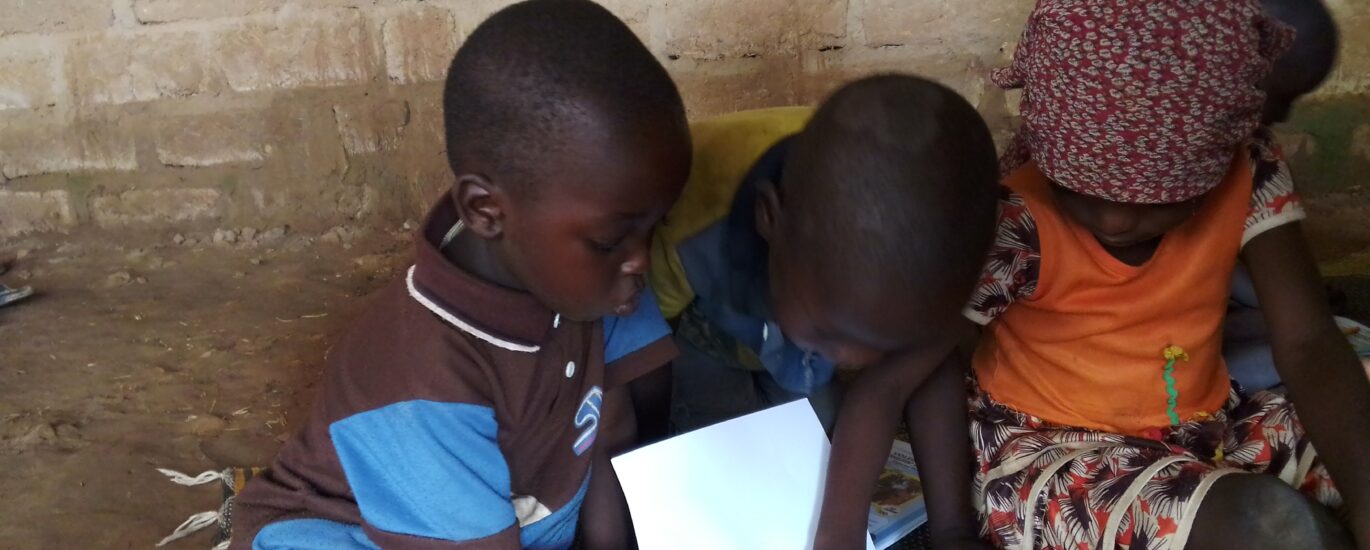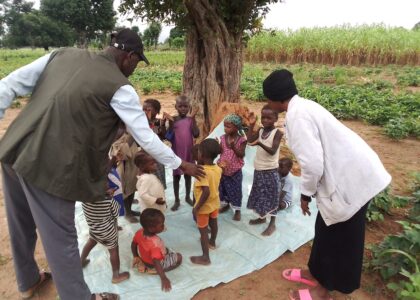Educating the Future Generation: Building a Brighter Tomorrow
In an ever-evolving world, the importance of education cannot be overstated. It serves as the foundation upon which future generations build their lives, shaping their thoughts, values, and abilities. Investing in education today means securing a brighter, more sustainable future for all. As we look ahead, it is essential to focus on how we can effectively educate the future generation and prepare them for the challenges and opportunities that lie ahead.
The Importance of Education
Education is not just about acquiring knowledge; it’s about fostering critical thinking, creativity, and problem-solving skills. It empowers individuals to make informed decisions, engage in their communities, and contribute to society. In a rapidly changing landscape marked by technological advancements, climate change, and social challenges, well-rounded education becomes even more crucial.
Preparing for the Future
- Emphasizing STEM Education: With technology driving many aspects of our lives, a strong emphasis on Science, Technology, Engineering, and Mathematics (STEM) education is vital. Encouraging curiosity in these fields from a young age will equip future generations with the skills necessary to innovate and solve complex problems.
- Promoting Social and Emotional Learning (SEL): Education should also focus on developing emotional intelligence, resilience, and interpersonal skills. SEL helps students navigate their emotions, build relationships, and cope with challenges, fostering a generation that is not only academically proficient but also emotionally intelligent.
- Encouraging Critical Thinking and Creativity: The future will require individuals who can think critically and creatively. By incorporating project-based learning, discussions, and hands-on experiences into the curriculum, educators can inspire students to explore, question, and innovate, preparing them for real-world challenges.
- Fostering Global Citizenship: In an interconnected world, understanding diverse cultures and global issues is essential. Education should promote awareness of social justice, environmental sustainability, and global interdependence. Encouraging students to engage in community service and global initiatives helps cultivate a sense of responsibility towards the planet and its inhabitants.
- Integrating Technology Wisely: Technology can enhance the learning experience when used thoughtfully. By integrating tools such as online resources, educational software, and virtual collaboration, educators can create dynamic learning environments that resonate with digital-native students. However, it’s important to teach digital literacy and responsible online behavior to ensure students navigate the digital world safely.
The Role of Parents and Communities
While schools play a crucial role in education, parents and communities are equally important. Engaging families in the educational process strengthens the support system for children. Here are some ways to involve parents and communities:
- Create Partnerships: Schools can collaborate with local organizations, businesses, and community leaders to provide resources, mentorship, and real-world experiences for students. This connection fosters a sense of community and accountability.
- Encourage Parental Involvement: Schools should promote programs and workshops that educate parents about the current educational landscape and how they can support their children’s learning at home.
- Promote Lifelong Learning: Encouraging a culture of lifelong learning within families and communities helps reinforce the value of education. Whether through adult education classes, book clubs, or community workshops, fostering a love for learning benefits everyone.
Conclusion: A Collective Responsibility
Educating the future generation is a collective responsibility that requires the commitment of educators, parents, communities, and policymakers. By investing in a holistic and forward-thinking education system, we can empower young minds to become innovative leaders, compassionate citizens, and responsible stewards of the planet.
As we strive to educate the future generation, let’s remember that the impact of our efforts will echo through time. By equipping our children with the tools they need to thrive, we are not only shaping their futures but also creating a better world for everyone. Together, let’s build a foundation of knowledge, compassion, and resilience that will carry forward into the generations to come.







